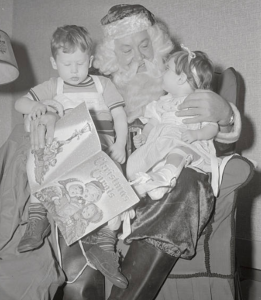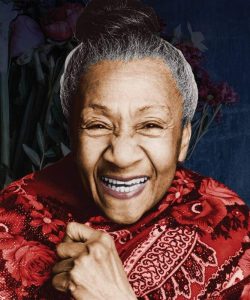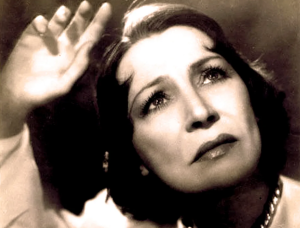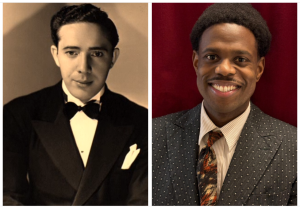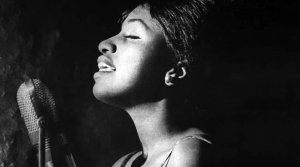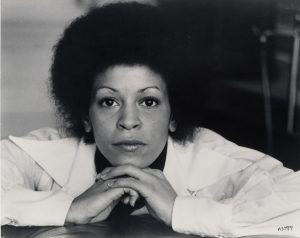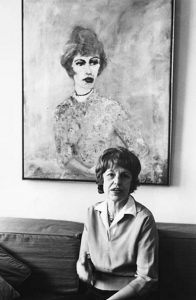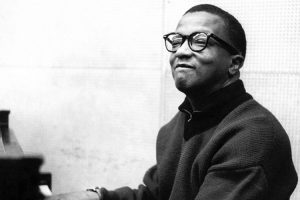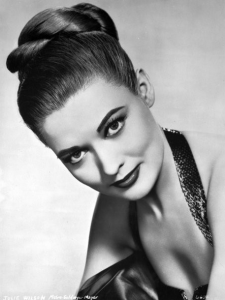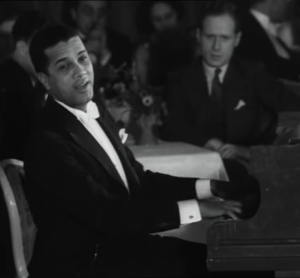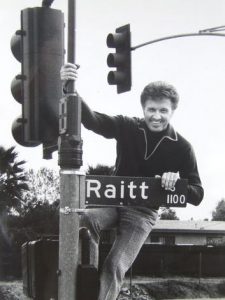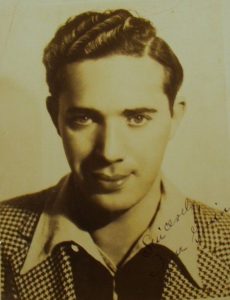Podcast: Play in new window | Download (Duration: 1:04:30 — 88.6MB) | Embed
Subscribe: Spotify | TuneIn | RSS | More
This week I present two episodes featuring Christmas music which I originally produced six years ago, in the earliest days of Countermelody. Both episodes zero in on tenors; I’ll be republishing them both this week. This first episode features a panoply of superb tenors (including Georges Thill, Richard Lewis, Roland Hayes, Tino Rossi, Franco Corelli, Ernst Haefliger, Richard Tauber, Charles Holland, Karl Erb, and Matthew Swensen) in repertoire ranging across the spectrum (Handel, Adam, Gounod, Bach, Berlin, and traditional Weihnachtsmusik), with some surprises along the way. The episode concludes with a brief musical tribute to Dalton Baldwin, Gérard Souzay’s partner and collaborator, who had just died on 12 December 2019 at the age of 87 as this episode was first going to press.
Countermelody is a podcast devoted to the glory and the power of the human voice raised in song. Singer and vocal aficionado Daniel Gundlach explores great singers of the past and present focusing in particular on those who are less well-remembered today than they should be. Daniel’s lifetime in music as a professional countertenor, pianist, vocal coach, voice teacher, and author yields an exciting array of anecdotes, impressions, and “inside stories.” At Countermelody’s core is the celebration of great singers of all stripes, their instruments, and the connection they make to the words they sing. By clicking on the following link (https://linktr.ee/CountermelodyPodcast) you can find the dedicated Countermelody website which contains additional content including artist photos and episode setlists. The link will also take you to Countermelody’s Patreon page, where you can pledge your monthly or yearly support at whatever level you can afford.
